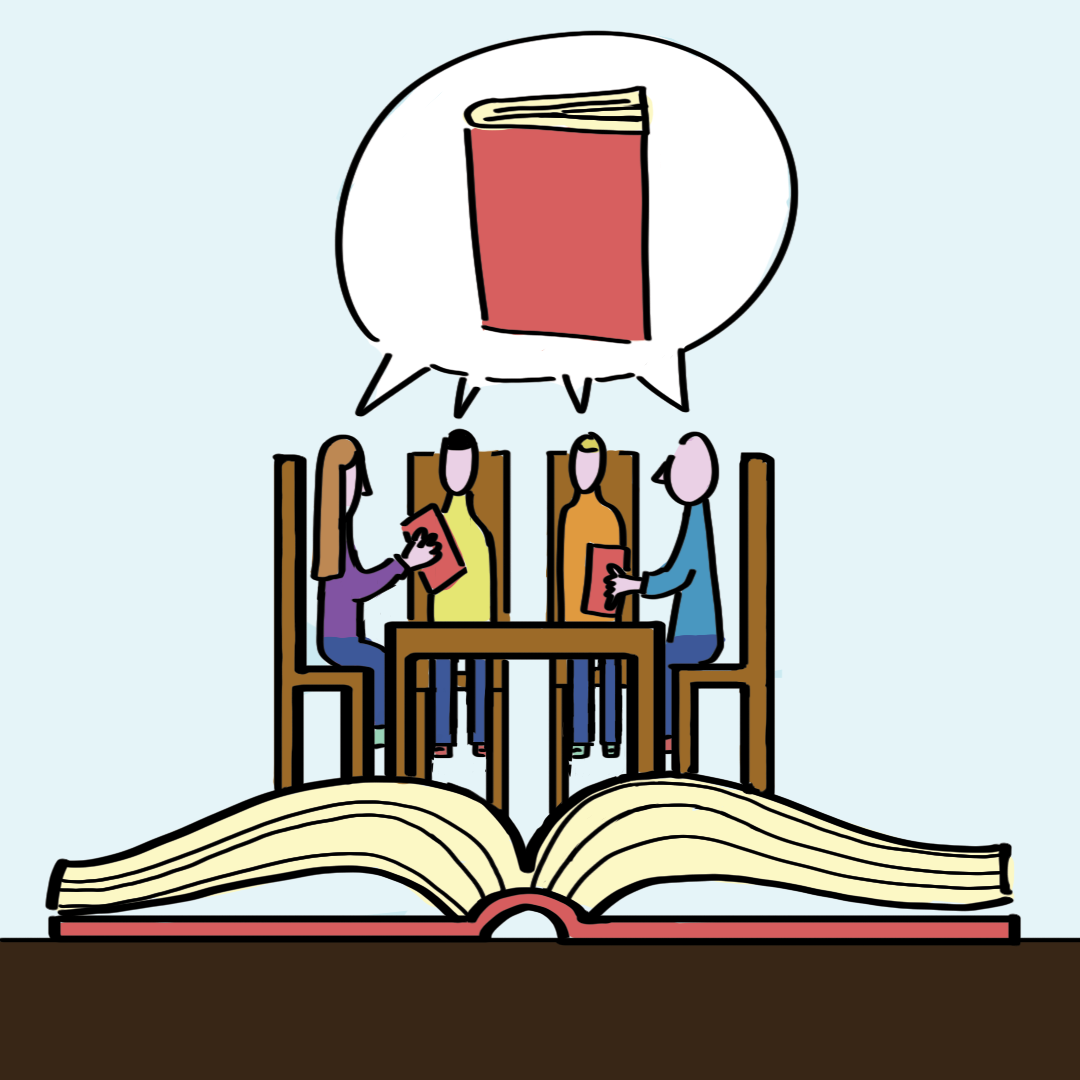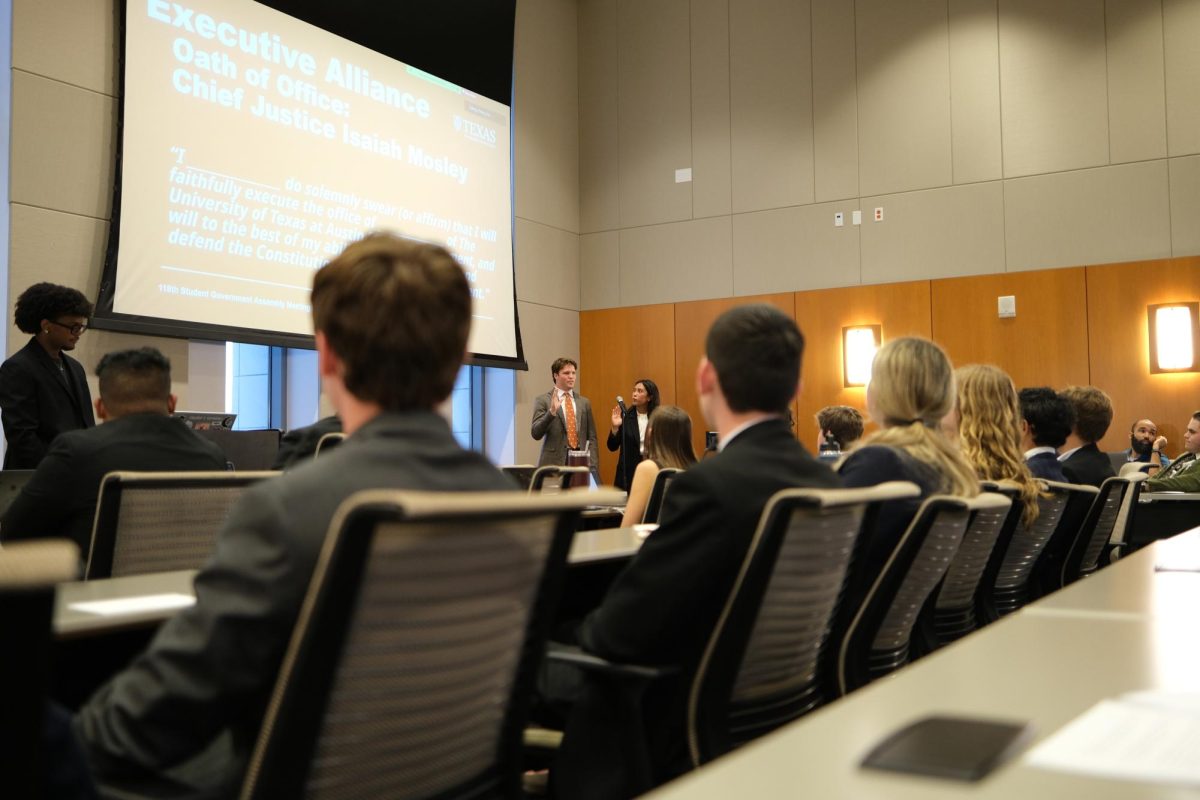The College of Liberal Arts will kick off its Common Read program, a book club for all liberal arts students with a twist, next semester.
This year’s text, “All We Can Save,” is an anthology written by over 50 women exploring different perspectives on the climate crisis. In addition to talking about the anthology, students can also attend events with speakers talking about climate change.
Program coordinator Monse Dayries said she hopes students can build connections with people who care about similar ideas.
“The students are the future,” Dayries said. “If they are able to connect with like-minded people that care about the planet and the future, then there’s potential that … they can make something together that will have an impact for our community or for more people in the long-term.”
Matthew Russell, educational consultant at the Center for Teaching and Learning, said he noticed many incoming students have an interest in climate change and thought this text would help students gain a better understanding of issues that affect them.
“It will help them make connections between what they’re doing in the classroom with the world beyond UT,” Russell said. “One big area right now, as we’ve been talking about, is climate change … but there’s certainly a whole host of contemporary issues that we feel that students in the humanities can connect with.”
English freshman Vivianna Garza said she’s looking forward to having a smaller community within COLA encouraging conversations about texts.
“We have this common interest in reading and we’re all looking at the same thing, but with different eyes,” Garza said. “You learn so much from everybody, and I always feel like no one ever stops learning.”
Troy Kimmel, senior lecturer in the department of geography and the environment, said it’s timely for COLA to encourage students to understand human effects on the environment.
Russell said the collection of texts provides a multidisciplinary perspective that can help students be better aware of local sustainability efforts and hopes it’ll better foster a community within the college.
“The way that is written from the point of view of people that are a lot more like us, and they’re doing something in a way that’s very local and very specific to their communities,” Russell said. “There’s resonance with all of our experiences to … climate change that is very obviously happening all around us.”













